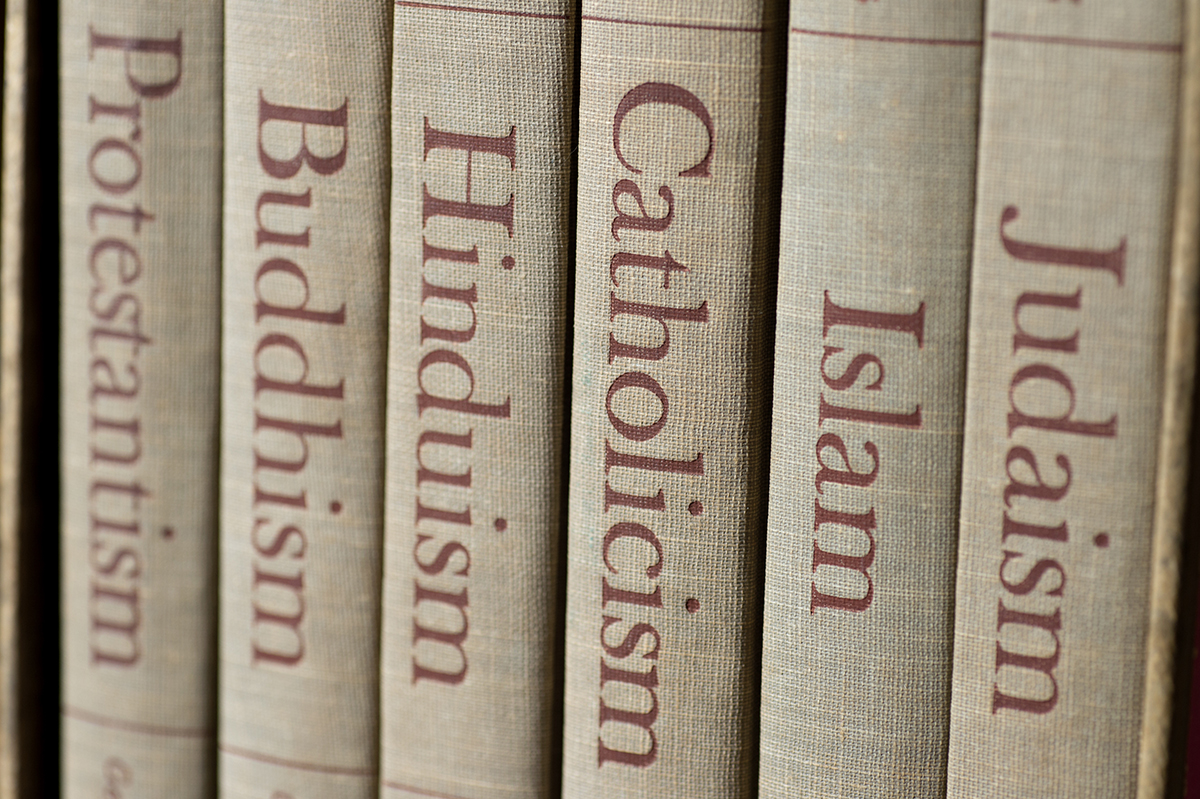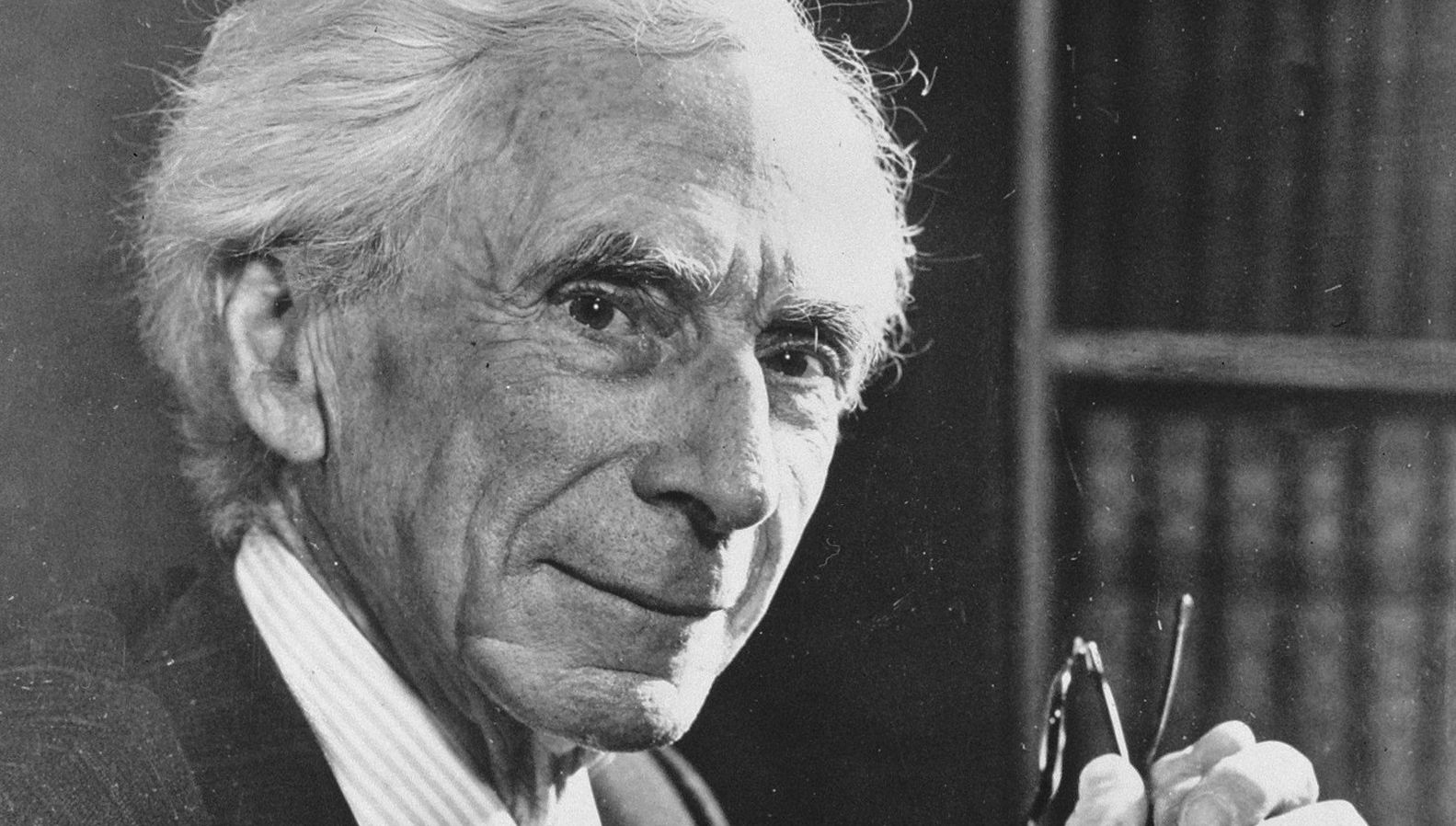atheism
Is Secular Humanism a Religion?
In terms of moral rules, secular humanism is indistinguishable from a religion.

It is now a rather old story: secular humanism is a religion. A court case in 1995 examined the issue and concluded, rightly, that science, in the form of the theory of evolution, is not a religion. In 2006, the BBC aired a program called The Trouble with Atheism which argued that atheists are religious and made the point via a series of interviews with prominent atheists who claimed their beliefs were “proved” by science. The presenter, Rod Liddle, concluded that Darwinism is a religion. That is wrong, as 18th century philosopher David Hume showed many years ago. Science consists of facts, but facts alone do not motivate. Without motive, a fact points to no action. Liddle was half-right: both religion and secular humanism provide motives, explicit in one case, but covert in the other.
What is religion? All religions have three elements, although the relative emphasis differs from one religion to another—Buddhists are light on the supernatural, for example.

The first is the belief in invisible or hidden beings, worlds and processes—like God, heaven, miracles, reincarnation, and the soul. All these are unverifiable, or unseen and unseeable, except by mystics under special and generally unrepeatable conditions. Since absence of evidence is not, logically, evidence of absence, these features of religion are neither true nor false, but simply unprovable. They have no implications for action, hence no bearing on legal matters.
The second element are claims about the real world: every religion, especially in its primordial version, makes claims that are essentially scientific—assertions of fact that are potentially verifiable. These claims are of two kinds. The first we might call timeless: e.g., claims about physical properties—the four elementary humors, for example, the Hindu turtle that supports the world, properties of foods, the doctrine of literal transubstantiation. The second are claims about history: Noah’s flood, the age of the earth, the resurrection—all “myths of origin.” Some of these claims are unverifiable; as for the rest, there is now a consensus that science usually wins—in law and elsewhere. In any case, few of these claims have any bearing on action.
The third property of a religion are its rules for action—prohibitions and requirements—its morality. All religions have a code, a set of moral and behavioral prescriptions, matters of belief —usually, but not necessarily—said to flow from God, that provide guides to action in a wide range of situations. The 10 Commandments, the principles of Sharia, the Five Precepts of Buddhism, etc.
Secular humanism lacks any reference to the supernatural and defers matters of fact to science. But it is as rich in moral rules, in dogma, as any religion. Its rules come not from God but from texts like Mill’s On Liberty, and the works of philosophers like Peter Singer, Dan Dennett and Bertrand Russell, psychologists B. F. Skinner and Sigmund Freud, public intellectuals like Sam Harris and Richard Dawkins, and “humanist chaplains” everywhere.

In terms of moral rules, secular humanism is indistinguishable from a religion.
It has escaped the kind of attacks directed at Christianity and other up-front religions for two reasons: its name implies that it is not religious, and its principles cannot be tracked down to a canonical text. They exist but are not formally defined by any “holy book.”
But it is only the morality of a religion, not its supernatural or historical beliefs, that has any implications for action, for politics and law. Secular humanism makes moral claims as strong as any other faith. It is therefore as much a religion as any other. But because it is not seen as religious, the beliefs of secular humanists increasingly influence U.S. law.
The covert nature of these principles is a disadvantage in some ways, but a great advantage in the political/legal context. Because secular-humanist morals cannot be easily identified, they cannot be easily attacked. A secular judgeship candidate can claim to be unbiased, not because she has no religious principles, but because her principles cannot easily be seen. Yet belief in the innocence of abortion or the value of homosexuality, the “normality” of the LGBTQ+ community, or the essential sameness of men and women (scientifically false, but having many legal implications), may be no less passionate, no less based on faith—no less unprovable—than the opposite beliefs of many frankly religious people.
Here are three examples of how secular morals have affected law. As the marriage rate has declined and rate of cohabitation has increased—as marriage itself seemed to become less important—the legalization of same-sex marriage became a hot topic. It was once a minority position among American citizens and their elected representatives, but dwindling opposition led to swift legalization of gay marriage in 2015.
This bouleversement actually changed the meaning of the word marriage and introduced unnecessary uncertainty into both social and sexual intercourse (“Hi Fred, is your wife here? What is her name?” Fred: “Sebastian…”). Why did this happen, given the declining importance of marriage itself, the availability of civil-partnership contracts, and the historical opposition of all major religions? The answer lies in a secular-humanist commandment as powerful as any of the familiar 10: the omnipotence of personal passions. The different status and social value of same-and different-sex liaisons, for example, is dwarfed by this personal imperative.
Secular humanists also have blasphemy rules. Dressing in blackface as a teenager or actually saying the N-word, even in an educational context, can lead to severe consequences. Virginia Governor Northam may yet have to resign over a decades-old blackface incident; but Connecticut Senator Richard Blumenthal survived what many would consider a more serious sin: exaggerating his military experience. Young Northam committed racist blasphemy, while Blumenthal merely lied.
And finally, there is the 40-foot Bladensburg (Md.) cross, erected in 1925 with private money but on public land, to commemorate soldiers who died in World War I. Fred Edwords, a former official of the American Humanist Association, is one of the plaintiffs seeking to get the cross declared illegal. “This cross sends a message of Christian favoritism and exclusion of all others,” says Mr. Edwords. Not that anyone else is excluded from erecting their own monument. It seems to be the faith of a competitor that Fred objects to. Evidently toleration is not one of the secular humanist commandments, but Christianity as anathema is.
Religiously affiliated candidates for high office are often quizzed about their religious beliefs. This is both unfair and largely irrelevant. Whether a candidate believes in transubstantiation or the virgin birth has no bearing at all on how he or she will judge the rights of litigants. Beliefs about religious stories and transcendental matters do not guide action
What matters are the person’s moral beliefs, whatever their source; and their willingness to disregard them if they conflict with the constitution. Secular candidates have just as many “unprovable beliefs” as religious candidates. The only difference is that secular morality is not written down in a single identifiable source. It is not easily accessible.
Candidates, both religious and non-religious, should all be subject to the same range of questions—questions not about their religion but about what might be called their “action imperatives.” What should be prohibited? What should be encouraged? In short, what are their “goods” and “bads” and how would they act if their beliefs are in conflict with settled law?
The point is to understand the moral beliefs of the candidate and how he or she is prepared to reconcile them with the law, not his or her adherence to a recognized faith. As it is, many passionate, “religious” beliefs of secular candidates go undetected and unquestioned. Thus, they become law by stealth.






